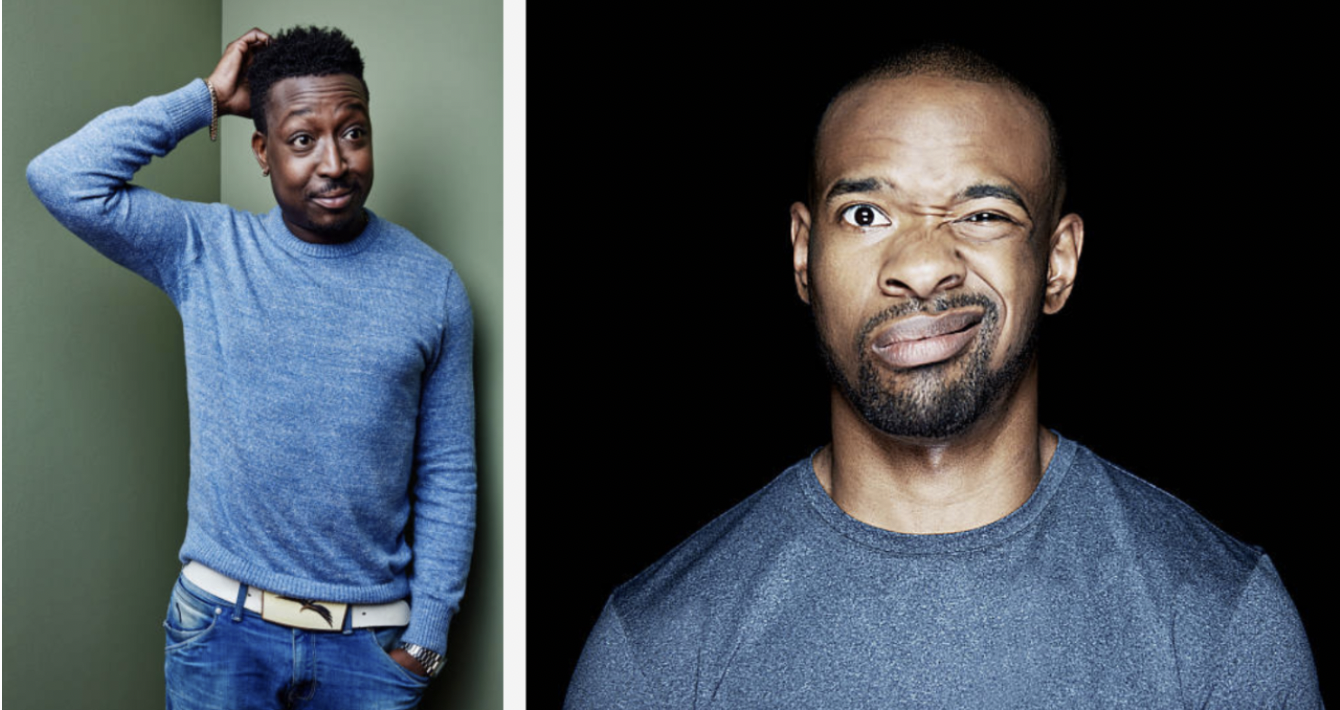
A major setback to advertising in Ghana is that some of the most talented creatives would rather freelance than work in an agency. This is at the same time when agencies are ready to pay top dollar for top talent; something is definitely not adding up.
Being creative director at a major international agency with many freelancer friends does give a unique view of both sides of the coin.
What Creatives Think
First off, can I say that in my opinion, there is an ideal time to freelance; when you have built the kind of reputation and network that makes you an industry force to reckon with, whether you’re with an agency or not. Anything sooner and you may be a premature freelancer.
Creatives don’t think they’re paid their worth. They are not motivated by the fact that their hard work, which enriches agency owners barely, trickles down to them. They don’t believe it’s true when management says the business is struggling; it’s just a ploy to swerve the pay review conversation.
They also feel like owners don’t invest enough into creating enabling work environments. Not just in the monetary sense, but by establishing a structure and culture that empowers them. They feel quite unimportant in the grand scheme of things and don’t see a clear career path that leads to becoming CCO some day.
Creatives feel management cares more about making money than doing great work. They are bummed that management never stands up for them and always sucks up to the client. At a point, it all just feels pointless and freelancing becomes even more attractive
What Management Thinks
Management thinks creatives are too ’precious’, fixated on their budding skills and don’t see things from the business point of view, not realizing that there is more to an agency than headlines and design.
Management thinks creatives aren’t selling themselves well enough. Instead of being proactive, adding extra value and being more visible and impressive to client, creatives get frustrated too quickly.
Management thinks creatives aren’t doing enough to be recognized as business partners to the brands they work on, not caring beyond the immediate brief they are working on.
Eventually…
At the end, everyone loses. Yes, freelancing gives freedom and at times more short-term money, but freelancing lends itself to ‘lone-wolfing’ than collaborating with better creatives which is critical to real growth.
As a freelancer, you may not get to work on big brands, with the kind of budget to really promote your work. You are forced to wear many hats (client service, finance, etc) and this can take a toll on your creativity.
Most of all, a premature freelance situation is not ideal for career building. Yes it brings in more cash for now, but it can easily give you a false sense of growth. You realize this if you decide to go back to agency life and realize you don’t land a senior-enough role like you think you deserve.
Agency also loses because the general quality of work goes down when the best candidates are not ready to come in and work. There’s also the reality that most agencies are uncomfortable engaging freelancers because it’s a more complex working scenario with data privacy implications.
The growing popularity of freelancing is also a bad sign to future creatives who take it to mean that agencies aren’t worth trusting. Freelancing becomes more desirable than working in an agency, which creates a vicious cycle.
Ultimately, when we’re divided, it’s much easier for client to kick everyone around. The good people aren’t in an enabling agency environment to grow and earn the kind of respect, which positively impacts agency-client dynamics.
So if you’re thinking of going freelance, carefully consider all your options and the medium-long term impact of your decision. Figure out if there isn’t another agency that you’ll excel more at, perhaps whilst freelancing on the side also, but be careful before plunging too quickly into the freelance world.
PS: Originally written in July 2019 @ https://www.linkedin.com/pulse/freelance-benjamin-anyan/
PSS: Don’t keep! Share…& then subscribe ok ?
Anyan | WRITER
I'm a Regional Creative Director in a world where everyone is always questioning what the heck gives anyone the right to think he knows enough to talk about anything.